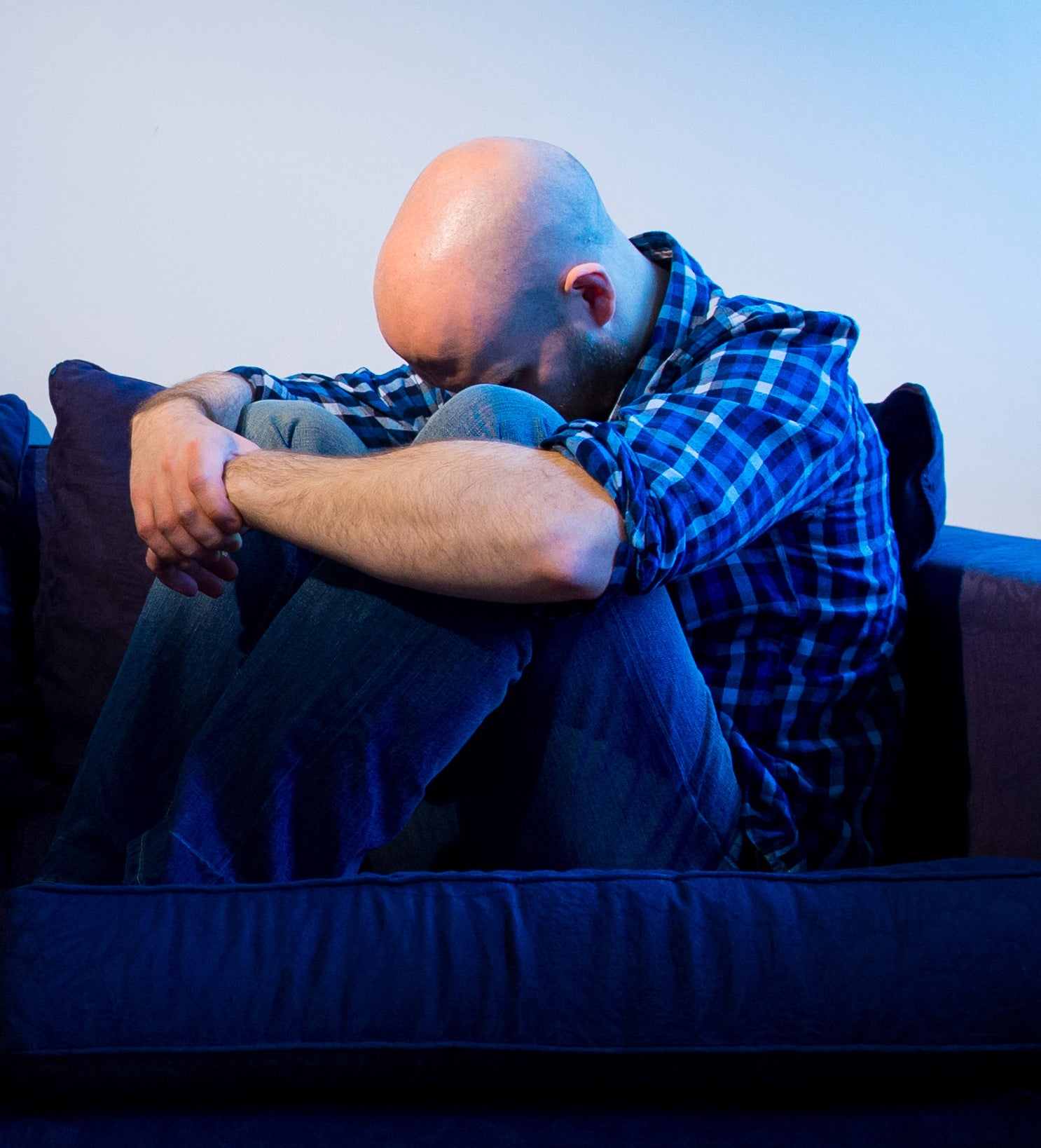People with psychosis who were scared of leaving home ‘helped by VR’
The technology has been used to provide psychological therapy, taking away the need for a real-life therapist.

People who are scared of leaving their home have been able to step outside through a virtual reality (VR) therapy that has the potential to reach many people, researchers have said.
The technology has been used to provide psychological therapy, taking away the need for a real-life therapist.
It takes patients on virtual visits outside the home, allowing them to experience interacting with others, and take part in everyday scenarios like buying a coffee or visiting a doctor.
The gameChange virtual reality program targets a problem that is common in people diagnosed with psychosis – intense fears about being outside in everyday situations.
If anyone has the opportunity to do the virtual reality treatment, I really would recommend it because it’s made a lot of difference to me
For many patients, these fears develop into a severe agoraphobia, which means they avoid leaving the home, something that affects relationships with family and friends, their education and careers.
The therapy is designed to treat this condition, and take them from a housebound existence to life back in the world outside.
In the largest ever clinical trial of VR for mental health, which included patients with psychosis from Newcastle, the automated therapy worked well for patients diagnosed with psychosis.
According to the study, the biggest benefits were experienced by those with the most challenging psychological problems.
A gameChange trial patient said: “If anyone has the opportunity to do the virtual reality treatment, I really would recommend it because it’s made a lot of difference to me.
“After seven years of illness, I do feel so much better. I’ve been able to make eye contact with people more, without feeling really anxious, I’ve been able to walk down a street without worrying about anyone walking towards me.
“I’m now able to go into a café. I feel much more confident about going on a bus. I just feel so much more confident than I was.’
“We are delighted that gameChange has produced excellent results for people with some of the most challenging mental health problems. Individuals who were largely housebound have got back outside.
We are delighted that gameChange has produced excellent results for people with some of the most challenging mental health problems. Individuals who were largely housebound have got back outside.
Professor Daniel Freeman, lead researcher at the department of psychiatry at the University of Oxford and NIHR Senior Investigator, said: “Virtual reality psychological therapy has come of age with gameChange.
“Over the past 25 years VR has been used in a small number of specialist mental healthcare clinics. It has supported in-person therapy delivered by a clinician.
“However, with gameChange, the therapy is built in, so it can be overseen by a range of staff. And it can be delivered in a variety of settings, including patients’ homes.
“We are delighted that gameChange has produced excellent results for people with some of the most challenging mental health problems. Individuals who were largely housebound have got back outside.
“Using today’s affordable and easy-to-use consumer VR equipment, we think gameChange will lead a transformation in the digital provision of evidence-based psychological therapy, with deployment at scale for treatments that really work.”
Researchers found the technology led to significant reductions in the avoidance of everyday situations and in distress.
However, the patients who benefited most were those who found it hardest to leave the house, and those with most psychiatric symptoms, such as severe anxiety, depression, delusions, and hallucinations.
The study found that after the therapy these patients were able to take part in activities they had previously found unthinkable.
A shortage of clinicians has meant that access to effective psychological therapies has limited, researchers say.
And it is worse for people with severe mental health difficulties, such as psychosis.
While patients are keen to try psychological interventions they rarely receive them.
Automated VR, with an in-built virtual coach, offers a solution to this problem.
The findings are published in The Lancet Psychiatry and was funded by the National Institute for Health Research (NIHR).
The program was developed by a team of university, health and industry experts including Oxford University spin-out OxfordVR, creators of immersive technology for mental health.
It is led by researchers at the University of Oxford and Oxford Health NHS Foundation Trust. Cumbria, Northumberland, Tyne and Wear NHS Foundation Trust (CNTW) is one of nine NHS Trusts involved in the programme.
Bookmark popover
Removed from bookmarks